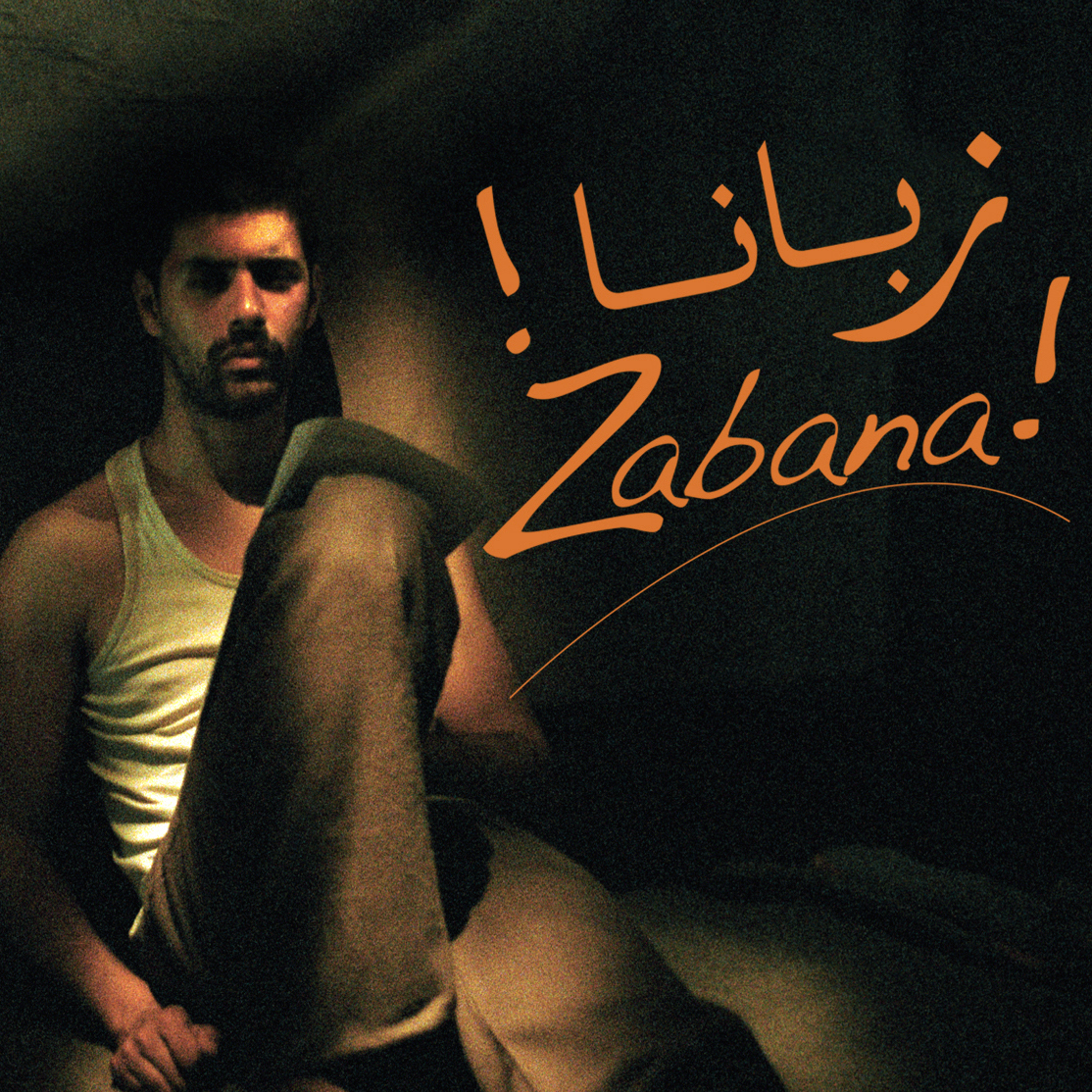Said Ould-Khalifa’s stirring portrayal of Algeria’s unforgotten martyr
In the opening scenes of Gillo Pontecorvo’s seminal 60s film, The Battle of Algiers, a man with an expressionless look on his face is escorted to the guillotine by two French guards. Although reticent at first, he soon breaks his silence – much to the chagrin of his escorts – loudly chanting Allaho Akbar! (God is great) and Tayha Al Jazayer! (Long live Algeria), stirring his comrades to raise their voices and join in. ‘Shut up! There he is!’ exclaims Ali La Pointe, the film’s ill-starred hero, as he and his fellow inmates rush to a hole in the wall to catch a fleeting glimpse of the mysterious man’s final moments. Swiftly and unceremoniously, the man is placed beneath the merciless blade of the macabre instrument, which - in a bleak and chilling instant - comes crashing down.
Such is how Gillo Pontecorvo’s film begins, and conversely, how Said Ould-Khalifa’s ends.Ould-Khalifa’s latest film, Zabana! recounts the events that culminated in the Algerian War of Independence – a searing episode in history which branded itself on the hearts and minds of Algerians everywhere – as seen through the eyes of that hitherto unnamed convict: Ahmed Zabana. Set in the 1950s, Zabana! strives to provide audiences with an Algerian account of the short life of one of the chief instigators of what Sir Alistair Horne referred to as a ‘savage war for peace’, as well as a contemporary depiction of some of the causes of that war.
Similar to The Battle of Algiers – not only in terms of its subject, but its style as well - Zabana! begins with a series of somewhat disjointed raids and battle scenes, which ultimately result in the murder of a French official in his countryside home, and the capture and imprisonment of Zabana and his rag-tag band of FLN (Front de Liberation Nationale) militants by the French army. Although these scenes assist in setting the context of the film and portraying a critical moment in the film (i.e. the officer’s murder), they serve little other purpose in relation to the film as a whole, and as well, seem to detract from its poignancy. Ould-Khalifa’s film is not a war movie per-se, and it shouldn’t haphazardly try to be one; rather, Zabana! is a powerful critique of the French justice system in the 50s – especially with respect to the Algerian question – as well as an insight into the life of an Algerian icon (confusingly referred to throughout the film as Hamida Zabana, Zabana Hamida, and Ahmed Zahana), which Pontecorvo, strangely, refrained from duly recognising.
Zabana! provides a much-needed account of a period of Ahmed Zabana’s life, as well as a worthy and acerbic critique of the policies of the French Government
Indeed, it is only after the superfluous battle scenes that Ould-Khalifa’s film comes to life, and makes its impact. Writhing away in prison after being accused of the murder of the aforementioned French officer, Ould-Khalifa’s Zabana shows himself as a three-dimensional, multi-layered character brimming with internal struggles, patriotism, and religious ideals. As well, aside from Zabana himself, the audience is introduced to a number of complex characters, who are anything but black and white, including a stern, yet sensitive army general, an affable prison warden with communist tendencies, a doubtful executioner, and most interestingly, Zabana’s French lawyer, who is so passionately committed to his cause that he goes so far as to openly question and berate the French justice system.
For those with knowledge of recent Algerian history, or even Gillo Pontecorvo’s film, Ould-Khalifa’s film has little to offer in terms of shedding new light on the episodes of the War of Independence. What it does provide, however, is a much-needed account of a period of Ahmed Zabana’s life, as well as a worthy and acerbic critique of the policies of the French Government during the era. Although Ould-Khalifa’s film – as well as Pontecorvo’s – are indeed praiseworthy, one cannot feel that a truly comprehensive film regarding the Algerian war is highly lacking. In both films, for instance, it is assumed that the viewer has ample knowledge of the root causes of the revolution, and the wrongdoings of the French. While it may be agreed that colonialism in all its forms is ugly and barbaric, it is still a subject that needs to be tackled and explored from a multitude of angles, especially in the case of Algerian cinema. Therefore, while one can certainly sympathise to an extent with Zabana and the members of the FLN, having a stronger background and understanding of Algerian history and politics would make their story and cause even more compelling.
Tahya Al Jazayer!

